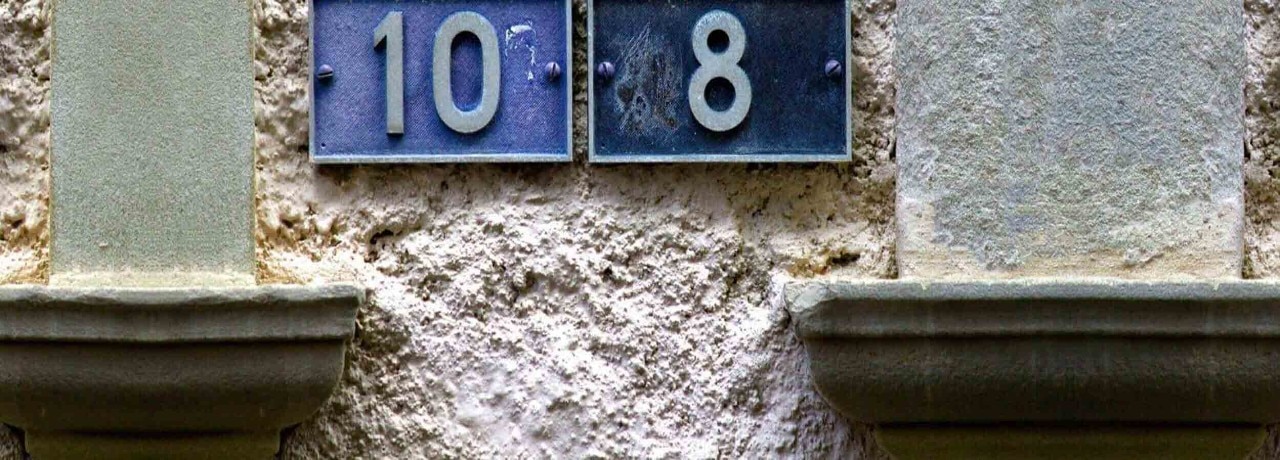What is cashflow and how does it work? - NAB
What is cash flow?
Cash flow is essentially your income minus your expenses over a period of time. You can measure your cash flow on a monthly basis by looking at how much you’ve earned (whether through salary, dividends, side hustles, or rental income from an investment property) and how much you’ve spent. While this is a simple way to manage your cash flow, it’s important not to forget to budget for bigger, annual expenses, such as insurance and holidays.
Getting your cash flow under control is important, especially if you’re wanting to invest in property. Understanding cash flow can be the difference between a solid long-term investment and a costly mistake, so do your research – and get advice before you buy.
What is negative cash flow?
Investment properties can sometimes generate negative cash flow, which means you’re required to put money in each year to cover the difference between the total cost of the property (including interest repayments, rates, insurance, maintenance, etc.) and the total income (rent and tax concessions) needed.
If you don’t know what the cash flow of your property is before you buy, you might run into trouble if your cash flow dries up. Always seek advice from a good accountant before you buy.
How to work out your cash flow
To understand the cash flow on a potential investment property, it’s best to get your accountant to do the numbers for you.
Make sure your accountant has access to all the costs of holding the property, including rates, body corporate fees, insurance, land tax and property management fees. They can work out the interest, estimate depreciation and give you an idea of the cash flow for the property. Have the property inspected and if possible see if you can check body corporate records. This can help you find out if there are any big maintenance or structural repairs planned.
If buying a property will put strain on your finances, then find a property with better cash flow. Also, when doing your figures, factor in possible interest rate rises and potential vacancies.
A final word about tax
If you think you’ll have a net rental loss (i.e. your deductions, including interest, depreciation and capital allowances exceed your rental income), you can improve your cash flow by applying to the Australian Taxation Office (ATO) for a PAYG withholding variation. If the variation is approved, you may be able to reduce the tax taken out from each wage packet, rather than waiting until the end of the year to get a tax refund.
Ready to invest in property?
Talk to one of our home loan experts today
Explore other life moments
How to buy an investment property
Your essential guide to buying an investment property that fits your financial goals and lifestyle.
Using home equity to invest or buy your next home
Learn what is equity and how you can use it for a new investment property purchase.
How rentvesting works
Whether you’re a first-time investor or a home owner ready to move out and rent, our rentvesting guide can help you get started.
Related products and services
Home loans
Home loans for every need with tools, calculators and guides to help you choose.
Personal loan for a home renovation
Renovations can be full of surprises but your finances shouldn't be. Get A NAB Personal Loan for all your home renovations.
Landlord Insurance
Cover your investment with landlord insurance from NAB. Compare policies now.
Contact us for home loan related queries
This is how you can get in touch.
Start a conversation with a banker
- Log into either NAB Internet Banking or the NAB app.
- Tap on the message icon.
- Type ‘speak to a person’ in the conversation window.
Call us
Speak to a home loan expert about a new or existing home loan.
Monday to Friday, 8:00am to 7:00pm (AEST/AEDT)
Saturday to Sunday, 9:00am to 6:00pm (AEST/AEDT)
Book an appointment
Make an appointment to see us at your nearest branch, ask a mobile banker to come to you or ask us to call you back.
Important information
Apologies but the Important Information section you are trying to view is not displaying properly at the moment. Please refresh the page or try again later.
The information contained in this article is intended to be of a general nature only. It has been prepared without taking into account any person’s objectives, financial situation or needs. Before acting on this information, NAB recommends that you consider whether it is appropriate for your circumstances. NAB recommends that you seek independent legal, financial, and taxation advice before acting on any information in this article.
The information in this article has been written by Michael Sloan from The Successful Investor. While Mr Sloan has been careful to ensure the information is correct and accurate, Mr Sloan’s views are his own and do not necessarily represent those of National Australia Bank Limited ABN 12 004 044 937, AFSL and Australian Credit Licence 230686 (NAB).




